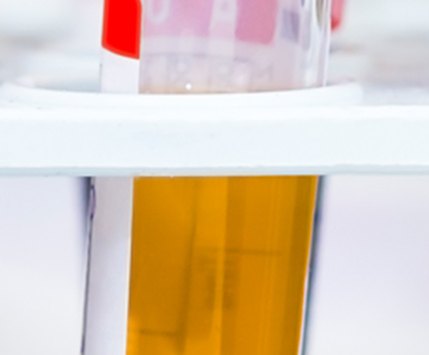Plesiomonas Shigelloides Infection, Symptoms, Causes, Treatment
What is Plesiomonas shigelloides Infection?
The bacterium known as Plesiomonas shigelloides belongs to the family Vibrionaceae. Bacteria of this gram-negative, rod-shaped variety have been discovered in a wide range of environments, including freshwater, freshwater fish, seafood, livestock, pigs, hogs, dogs, cats, primates, vultures, reptiles, toads, and humans. The opportunistic pathogen P. shigelloides can be found in both food and water. It is believed that the vast majority of P. shigelloides infections in humans are spread through water and are connected to freshwater aquariums and fish tanks.
When ingested via contaminated food or water, P. shigelloides causes moderate, self-limiting gastroenteritis. The symptoms include vomiting, fever, and diarrhea (which can be bloody). Without medical intervention, the infection normally disappears in 24 to 48 hours.
Ferguson and Henderson made the initial discovery of the Plesiomonas shigelloides species in 1947. It is the sole member of the Enterobacteriaceae family that is oxidase positive. It was initially isolated from the bowel movements of a patient who had no previous clinical history. This bacterium is responsible for mild cases of diarrhea.

Symptoms
Symptoms of infection with Plesiomonas shigelloides include watery diarrhea, high body temperature, abdominal discomfort, vomiting, nausea, shivering, musculoskeletal pain, and headache. Diarrhea is typically watery and bloodless. Bloody diarrhea and mucous in the stools are less typical signs. Patients who were infected with Plesiomonas shigelloides had a record of tropical travel, severe sickness, stomach discomfort, and persistent symptoms considerably more common than the participants in the control group. Infected water and oysters that contain P. shigelloides have been linked to outbreaks of diarrhoeal disease.
Causes
The fecal-oral pathway, exposure to amphibians and reptiles, consuming infected shellfish (particularly oysters), polluted water, and contaminated vegetables are all potential vectors for the spread of Plesiomonas shigelloides. Plesiomonads are typically spread to people by contact with amphibians and reptiles, as well as through the consumption of raw or undercooked seafood. The ingestion of infected food or water causes mild, self-limiting gastroenteritis brought on by P. shigelloides.
The bacteria are marine and freshwater tolerant and can be found in a wide variety of watery habitats including sewage and natural waterways. Despite the fact that Plesiomonas shigelloides infections can happen at any time of the year, they are more frequent in the spring and summer.
Plesiomonas shigelloides infections are more likely to occur in people with compromised immune systems, such as the aged, young kids, and individuals with underlying medical disorders. Consumption of raw or undercooked seafood, visits to developing countries with inadequate sanitation, and contact with contaminated water or soil also increases the likelihood of illness.
Diagnosis
Stool culture is the gold standard for diagnosing P. shigelloides. However, P. shigelloides is one enteropathogen that can be detected using a PCR-based diagnostic test technique that has received FDA approval. Patients with diarrhea and controls both had P. shigelloides detected, but patients with diarrhea were more likely to have co-infections with other pathogens. Culture and molecular diagnosis can be used to confirm the presence of this Gram-negative, motile, non-spore-forming, facultatively anaerobic bacillus (PCR).
Treatment
Patients with Plesiomonas diarrhea had a considerably shorter duration of illness when antimicrobial medication was administered. Treatment with fluoroquinolone or azithromycin is the standard for chronic intestinal infections, just as it is for Shigella. For more severe or persistent infections, such as extraintestinal infections or severe dysenteric infections, antibiotic therapy should be employed. Since most infections are so minor, few people seek medical attention.
Plesiomonas shigelloides infections are best avoided by washing your hands. After each use, the diaper changing area should be cleaned and sanitized. When swimming in freshwater, drink only purified water and avoid drinking fresh water. The risk of infection from P. shigelloides is higher in people who eat raw or undercooked seafood, and outbreaks of diarrheal sickness have been linked to tainted water and oysters containing the bacteria.
 Reviewed by Simon Albert
on
March 01, 2023
Rating:
Reviewed by Simon Albert
on
March 01, 2023
Rating:











